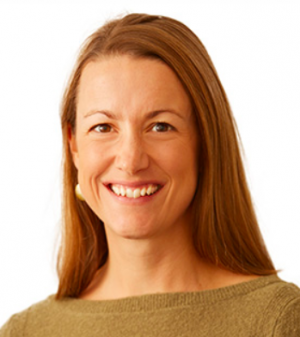Policy change for visas of international students

Image retrieved from wxow.com.
July 11, 2020
On July 6, United States Immigrations and Customs Enforcement (ICE) released new policy changes to the visa requirements of international students.
“Nonimmigrant F-1 and M-1 students attending schools operating entirely online may not take a full online course load and remain in the United States,” as stated from the official website of the Department of Homeland Security.
Director of International Education and Engagement (IEE) Emelee Volden said the news means that international students taking courses at the University of Wisconsin-La Crosse will no longer be able to reside in the United States while enrolled in university should their schedule consist of a full course load of online classes.

“UWL has planned for more online courses due to class reduction sizing, faculty member teaching preferences, etc. The online course options this fall will likely be more than previous terms,” said Volden in an interview with The Racquet Press.
“Standard immigration regulations do not allow international students to enroll in online courses (they can take three credits online in a semester of at least 12 credits), so students are not used to this type of enrollment to begin with. These regulations were allowed for an exception for spring semester when campuses closed and continued online. International education [IEE] was hoping this would continue to fall since COVID is still impacting higher education,” she said.
UWL is currently evaluating what classes will look like for the fall semester of 2020. This adds obstacles for students who enroll in classes based on their ability to transfer to a home university.
According to the Student Exchange and Visitor Program (SEVP), schools must now register as a certified program to qualify that their students are following the new guidelines.
Volden says that UWL will be undergoing this process to benefit the students who are affected by this policy.
“UWL is making final changes to fall courses, including classroom assignments and instruction mode. Once this is finalized, we’ll be able to know what students’ enrollment looks like. We have already notified the College Deans and Department Chairs that they may have students that need to have courses adjusted from online to either hybrid or in-person courses,” said Volden. “Once we have that finalized for each student, then IEE will go through the documentation process for each student.”
Joe Gow notified students of the decision via email, in which he stated that SEVP may modify the existing guidance to create a Temporary Final Rule. Volden says that the administration and the IEE are monitoring SEVP for this decision.
“We have no idea what to anticipate for the final decision. There is a lot of advocacy happening nationally as well as lawsuits being brought to the federal administration. Hopefully, this could help reverse the guidance, but there is no way to determine that now.”
As far as how this decision will aid in the eradication of COVID-19, Volden says she has no comment.
Despite the closure of the UWL campus, IEE is maintaining remote operating hours. IEE staff are available by email, phone, or virtual appointments Monday through Friday from 9 a.m. to 4 p.m.






